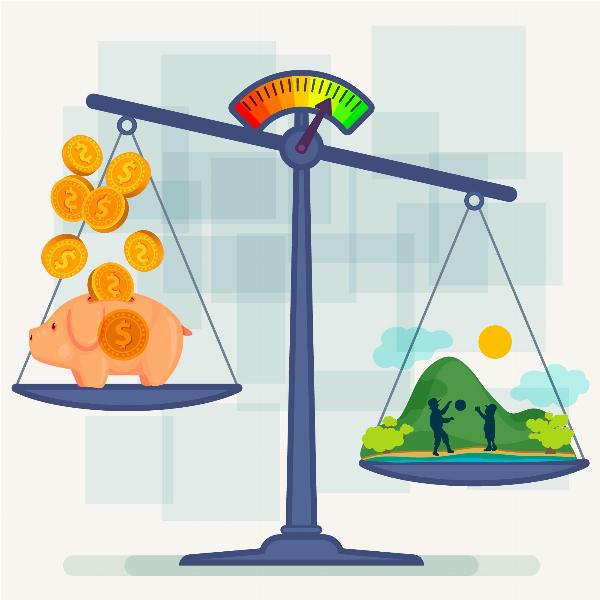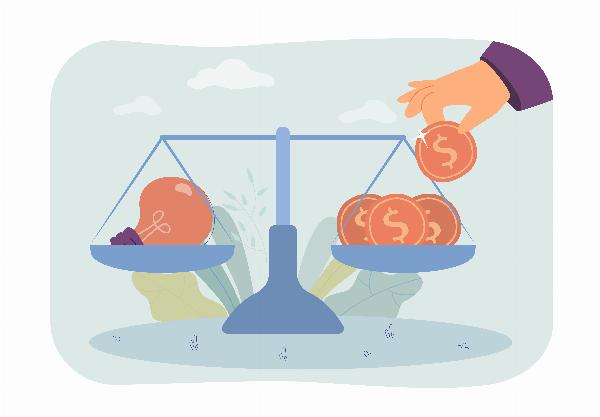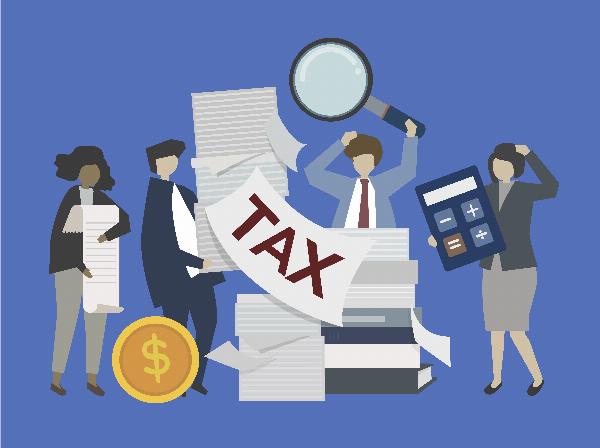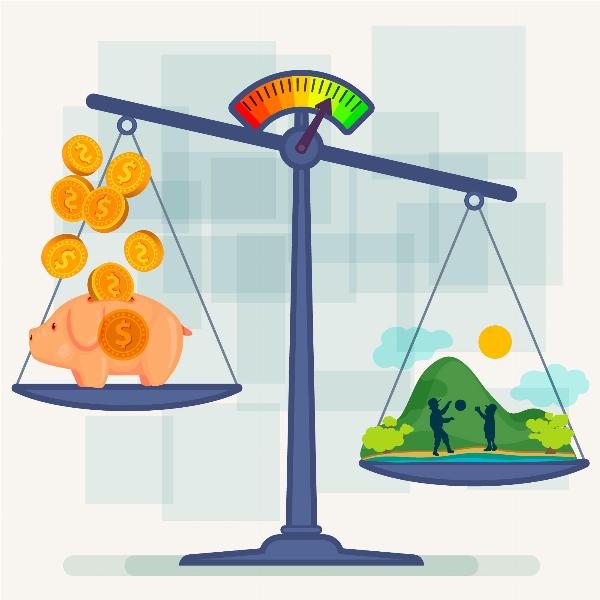 Get SEO-Optimized Articles – Written for Humans, Loved by Google!
Get SEO-Optimized Articles – Written for Humans, Loved by Google!
The Social Impact of Minimum Wages: Building Stronger Communities through Fair Pay
Written by Yash » Updated on: June 17th, 2025 232 views

Kerala, a state renowned for its rich cultural heritage and progressive social policies, has long been at India's forefront of labor rights. One of the critical aspects of this progress is the implementation of minimum wage regulations designed to ensure fair pay for workers across various sectors. These regulations have contributed to economic stability and played a significant role in building stronger, more resilient communities. In this article, we will explore the social impact of minimum wages in Kerala and how fair pay contributes to the overall well-being of its people.
Economic Stability and Poverty Reduction
One of the most direct impacts of enforcing a minimum wage is reducing poverty. The government ensures that even the lowest-paid workers earn enough to meet their basic needs by setting a wage floor. This is particularly important in Kerala, where the cost of living is relatively high compared to other states. The minimum wage in Kerala helps to lift workers and their families out of poverty, providing them with the financial means to access essential goods and services.
Improved Standard of Living:
With better pay, workers can afford better housing, healthcare, and education for their children. This improvement in the standard of living contributes to the state's overall economic development, as healthier, more educated citizens are better equipped to contribute to the economy.
Reduction in Income Inequality:
Income inequality is a significant issue in many parts of the world, and Kerala is no exception. However, the state's commitment to fair wages has helped to narrow the gap between the rich and the poor. Kerala has taken a crucial step toward creating a more equitable society by ensuring that all workers receive a minimum wage.
Strengthening the Local Economy
The impact of minimum wages extends beyond individual workers and their families. Workers with more disposable income are more likely to spend it within their communities, thus stimulating the local economy. This increased economic activity can create jobs as businesses expand to meet the rising demand for goods and services.
Support for Small Businesses:
Small businesses are the backbone of Kerala's economy, and fair wages play a crucial role in their success. When workers earn a living wage, they have more money to spend on local products and services, which helps small businesses thrive. In turn, these businesses can hire more workers, creating a positive cycle of economic growth.
Increased Consumer Spending:
With more money in their pockets, workers can spend on discretionary items such as entertainment, dining out, and travel. This boost in consumer spending drives demand across various industries, leading to further economic expansion and job creation.
Enhancing Social Cohesion
Fair wages contribute to a sense of social cohesion, as they help to reduce the disparities that can lead to social unrest. In Kerala, where community and collective well-being are highly valued, the impact of minimum wage regulations is evident in the state's strong social fabric.
Reduction in Crime Rates:
Studies have shown a correlation between poverty and crime. The minimum wage in Kerala helps reduce the economic desperation that can lead to criminal behavior by ensuring that workers earn enough to meet their basic needs. As a result, Kerala has lower crime rates than other states with less stringent wage policies.
Promoting Social Equity:
Fair wages are a fundamental component of social equity. In Kerala, where there is a strong emphasis on social justice, implementing minimum wage regulations is necessary to achieve a more just and fair society. This commitment to equity fosters a sense of belonging and mutual respect among citizens, contributing to social stability.
Empowering Women and Marginalized Groups
The benefits of minimum wage regulations are particularly significant for women and marginalized groups, who often face discrimination in the labor market. In Kerala, where gender equality and social justice are core values, the minimum wage has been instrumental in promoting the economic empowerment of these groups.
Closing the Gender Pay Gap:
In many parts of the world, women are paid less than men for the same work. However, Kerala's minimum wage regulations have helped to close this gap by ensuring that all workers, regardless of gender, receive fair pay. This has empowered women to participate more fully in the workforce and contribute to their families' financial stability.
Uplifting Marginalized Communities:
Historically marginalized communities, such as the Dalits and Adivasis, have often been excluded from the benefits of economic growth. However, enforcing minimum wage laws in Kerala has provided these communities greater access to economic opportunities, helping to break the cycle of poverty and exclusion.
Improving Public Health Outcomes
There is a strong link between economic well-being and public health. When workers earn fair wages, they can better afford healthcare, nutritious food, and other essentials that contribute to good health. In Kerala, where public health is a priority, the minimum wage has significantly improved health outcomes for the population.
Access to Healthcare:
Fair wages ensure workers can afford medical care when needed, leading to better health outcomes. This has contributed to higher life expectancy and lower infant mortality rates in Kerala than in other states.
Improved Nutrition:
Adequate nutrition is a key determinant of health, and fair wages enable workers to purchase healthier foods. This has positively impacted the overall health of Kerala's population, reducing the prevalence of malnutrition and related diseases.
Challenges and the Way Forward
While the benefits of minimum wage regulations in Kerala are clear, challenges must be addressed to ensure that these benefits are fully realized. One of the main challenges is ensuring compliance with the regulations, particularly in the informal sector, where workers are often paid below the minimum wage.
Enforcement of Wage Laws:
To maximize the positive impact of the minimum wage in Kerala, it is essential to strengthen the enforcement of wage laws. This includes regular inspections, penalties for non-compliance, and support for workers in understanding their rights.
Addressing Inflation:
Inflation can erode the purchasing power of minimum wage earners, making it difficult to meet their basic needs. To address this issue, the government must regularly review and adjust the minimum wage to keep pace with the cost of living.
Expanding Coverage:
While Kerala's minimum wage regulations cover a wide range of industries, there are still some sectors where workers do not receive fair pay. Expanding the coverage of minimum wage laws to include all workers, regardless of their employment status, is crucial to ensuring everyone benefits from fair wages.
Conclusion
The social impact of minimum wage regulations in Kerala cannot be overstated. Ensuring that workers receive fair pay, these regulations contribute to economic stability, strengthen local economies, enhance social cohesion, empower women and marginalized groups, and improve public health outcomes. While challenges remain, the continued commitment to fair wages is essential for building stronger, more resilient communities in Kerala. As the state moves forward, it must address these challenges to ensure that the benefits of minimum wages are fully realized for all its citizens.
Note: IndiBlogHub features both user-submitted and editorial content. We do not verify third-party contributions. Read our Disclaimer and Privacy Policyfor details.
Copyright © 2019-2025 IndiBlogHub.com. All rights reserved. Hosted on DigitalOcean for fast, reliable performance.
















